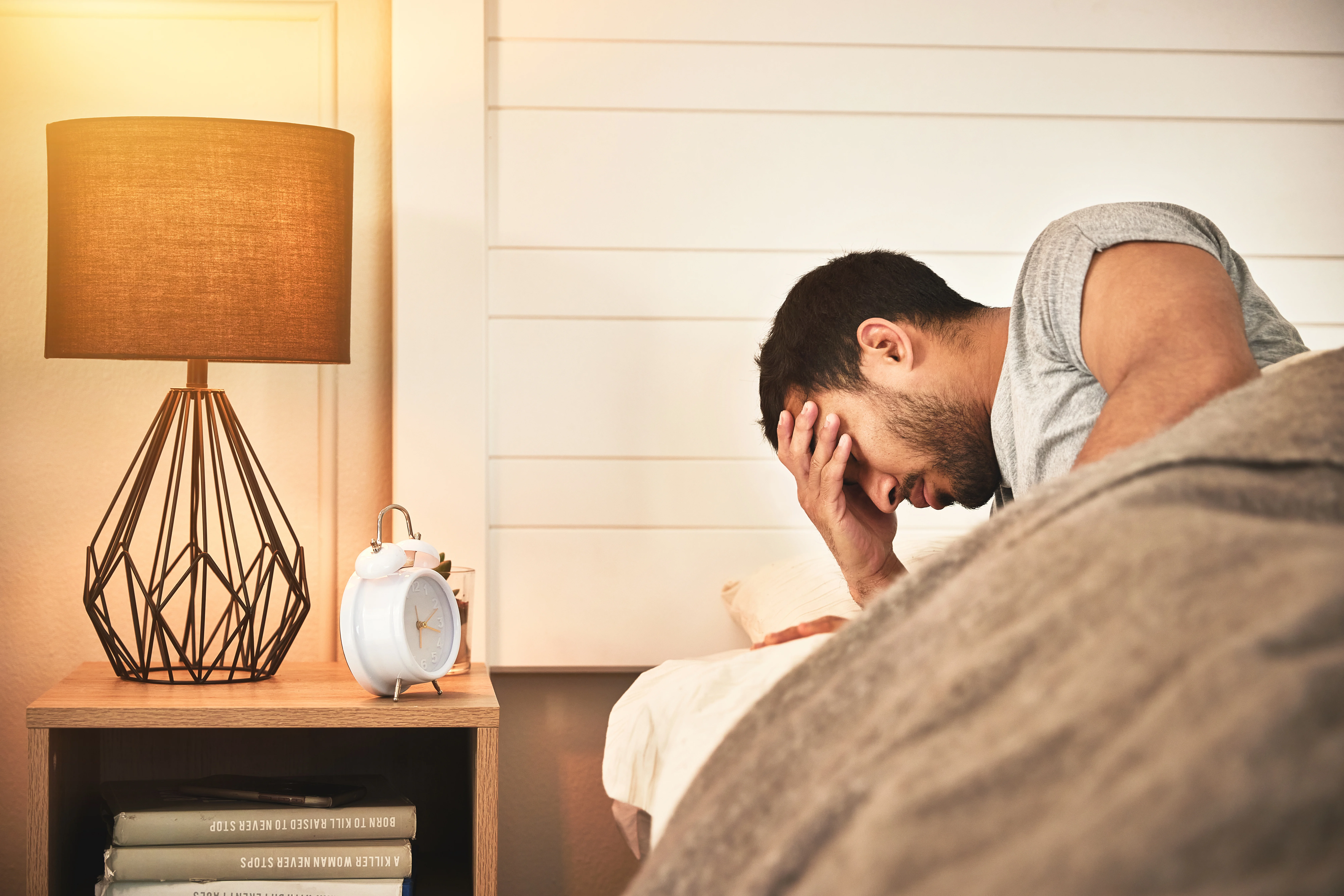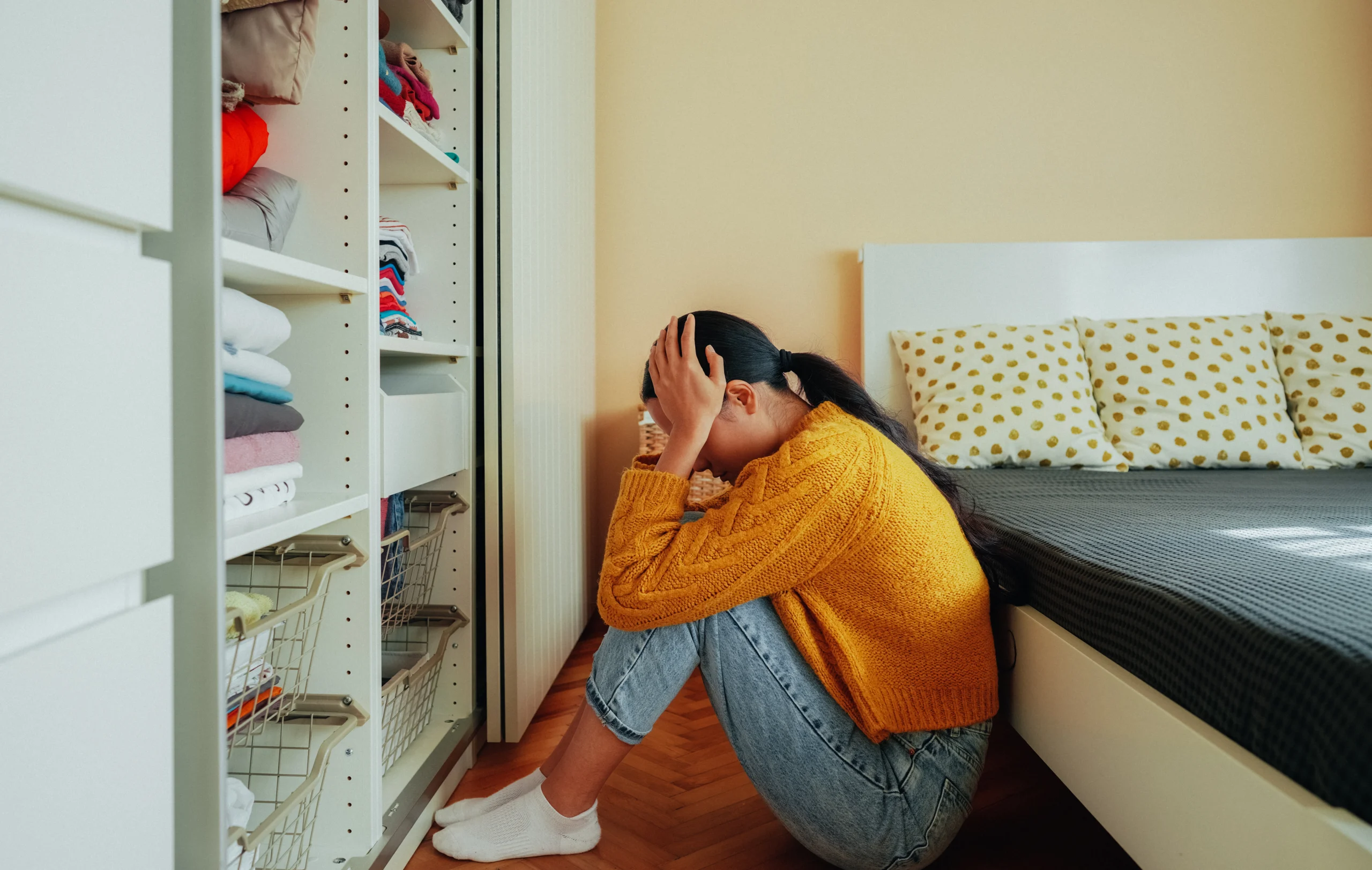How to Cope Following a Pandemic

With the coronavirus outbreak in 2020, many people started experiencing increased anxiety and stress. Whether anxiety was already present before COVID-19 and escalated, or the pandemic was the catalyst for struggles with anxiety, you’re not alone if you’ve felt increased fear or worry in the past few years.
Anytime a terrifying local or world event takes place, it’s natural to feel distressed. However, when the distress lingers, feels unmanageable or grows out of proportion, it can negatively impact both your physical and mental health.
The pandemic and mental health has become a hot topic as we see the effects play out. If you’ve struggled with getting through a pandemic and are eager to get back control of your mental state, here’s what you need to know.
How the pandemic affects us
In the wake of the COVID-19 outbreak, there has been much interest regarding the aftermath of the protocols taken. If you’ve wondered how the pandemic affects us and what mark it will leave, check out these studies.
- The World Health Organization states that within the first year of the pandemic, depression rates spiked by 25 percent and has been linked to people facing multiple stress factors and little access to mental health resources
- The American Journal of Nursing found that the social consequences of the pandemic (isolation and loneliness) are largely responsible for the increase in negative mental health outcomes
- The Mayo Clinic reports that those with substance use disorders are likely to have dealt with worsened addictions and increased substance use in response to stress
- According to the International Journal of Emergency Medicine, healthcare workers suffered more than the general public and faced increased depression, anxiety, insomnia and distress in addition to physical consequences like fever, weakness and skin damage.
How the pandemic affects us may have ripple effects for years or decades to come. If you’ve felt increased depression or anxiety after getting through a pandemic, here’s what you can do about it.
Tips for undoing the damage of a pandemic and mental health issues
There are concrete steps everyone can take to decrease or reverse the impact of the stress of COVID-19. Here are some key tools to get your mental health back in check so you can move into the future with confidence.
Limit your exposure to news and social media
At the beginning of the COVID-19 outbreak, it seemed like people were glued to the most up-to-date news sources. It may have created an unhealthy habit of checking the latest developments. While it’s important to stay informed, a constant stream of news can increase anxiety quickly and create a sense of uneasiness.
Limit your exposure to information about the pandemic and news in general. Try to set a time limit for yourself and only view news and social media once a day. Social media can spread false information and is laden with conflicting messages.
Focus on what’s in your control
If you’re struggling with constant worry about the disease, focus on things that are in your control, such as wearing personal protective equipment, staying home when you are sick, washing your hands and so forth.
It’s important to take care of your personal hygiene as well as your mental health hygiene. Call your friends, practice mindfulness, read a book, exercise and so forth.
Keep in shape
Taking care of your physical health has a twofold benefit when you’re considering ways to overcome the pandemic and mental health concerns. First, staying fit keeps your immune system strong and diseases at bay. Second, taking care of your body elevates your mood, so stress and anxiety won’t be as much of an issue.
Practice self-care
Self-care should be a part of your regular routine, and there’s no better time than the present to work it into your everyday schedule. Self-care, when implemented correctly, should never feel like a burden. It should be an essential part of your schedule, and even more critical in times of stress.
Self-care includes the hobbies you enjoy that bring meaning and joy to your life. Reading, writing, crafting, yoga, running, participating in a sport, baking, woodworking and so forth are all fun ways to engage your mind and keep your stress levels down.
If you are a parent or caregiver and your stress has increased due to the vulnerability of those in your care, it’s extra important to take time for yourself. Those around you will benefit, too.
Have a financial plan
The pandemic sparked fear in many, not just due to the danger of the virus itself, but due to all of the unknown factors, including financial distress. Whether your business closed during the pandemic or your pay or hours were reduced, you may have faced unpredictable monetary circumstances following the pandemic.
If money troubles are affecting your mental health, creating a financial plan can help ease your mind. You can find plenty of online resources and financial assistance in your local area for COVID-19-related issues. Making a plan can help you feel in control again.
Get professional services
Seeking mental health care may be the best way to keep your stress from the pandemic in check. A trained mental health professional can help you with getting through a pandemic and deal with the aftermath. To request an appointment from The Light Program, call us at (610) 644-6464, or fill out a contact form on our website.








